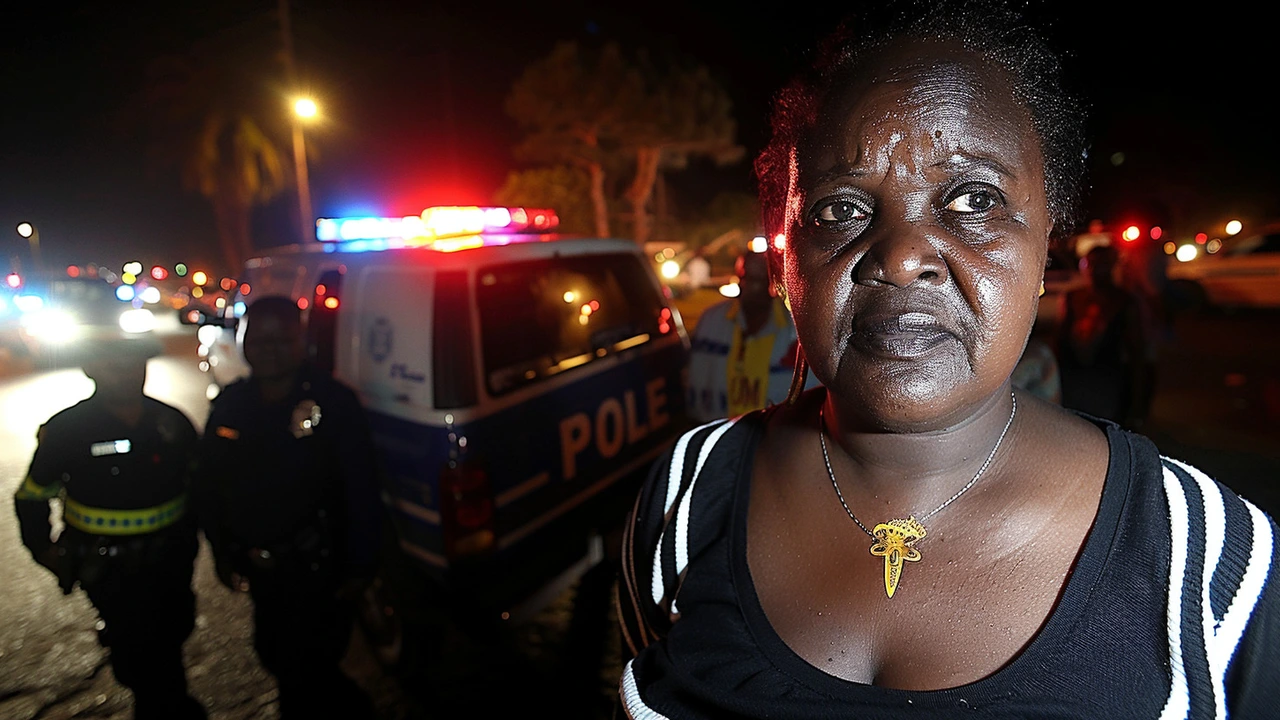Police violence: what to know and how to stay safe
Police violence can escalate fast. One moment you’re watching a protest or stuck in traffic; the next you or someone nearby may face undue force. Knowing simple, practical steps can keep you safer and help bring abuse to light.
Start by knowing your rights. In most countries you must obey lawful orders, but you do not have to comply with unlawful searches, demands for bribes, or violent treatment. If an officer asks to search you, calmly ask if you are free to go. If the answer is no, tell them you do not consent to a search and remain silent until legal help arrives.
How to document incidents without making things worse
Recording police behavior is legal in many places, but do it safely. Keep your phone visible and steady, and narrate what you see: time, place, badge numbers, and what happened. If you can, back away to a safe distance and keep a clear line of sight. Share recordings right away with a trusted contact and upload backups to cloud storage or a secure platform so evidence isn't lost.
If recording could put you at risk, use witness notes instead: names, phone numbers of witnesses, vehicle plates, and any injuries. Take photos of marks, torn clothing, or damage. Visit a clinic quickly for medical records; those records are powerful evidence later.
Where to report and who can help
Report incidents to official oversight bodies, human rights groups, and local media. Many African countries have independent police complaint commissions, ombudsmen, or human rights commissions — file a complaint with them and keep copies. NGOs like Amnesty International, Human Rights Watch, and local groups often provide legal support or can help publicize cases.
Find a lawyer experienced in human rights or criminal defense. If you can’t afford one, contact legal aid clinics at universities or local bar associations. Keep a file with all documents: medical reports, photos, videos, witness contacts, and complaint receipts.
Share responsibly. Misinformation can harm victims and derail legal cases. Before posting, check dates, locations, and identifiers. Use trusted news outlets — like Ginger Apple News — and verified NGO updates to confirm events before amplifying them.
Protect yourself online. When sharing sensitive evidence, use encrypted messaging or trusted platforms and avoid posting real-time locations. If you’re a journalist or activist, consider digital security tools and password managers, and train your team on safe data handling.
If you feel unsafe during an encounter, stay calm, make few sudden moves, and use short clear statements. Ask for badge numbers and record them. Seek medical care immediately if you’re hurt and report the incident to oversight bodies within the legal time limits in your country.
Police violence leaves scars, but clear action — documenting, reporting, and seeking support — makes a difference. Keep these steps in your phone, share them with friends, and follow reliable coverage to stay updated on cases and reform efforts in your area.
Tragic Tale: Rex Masai's Mother Shares Heart-Wrenching Account of His Death During Nairobi Protests
By Sfiso Masuku On 21 Jun, 2024 Comments (8)

Rex Masai's mother, Jillian Munyau, poignantly recalls the heartbreaking moment she learned of her son's death during Nairobi protests. A friend informed her that Rex was fatally shot while fleeing tear gas. Despite desperate pleas for help, police ignored the injured Rex, who later succumbed to his injuries. The IPOA is investigating the incident.
View More




